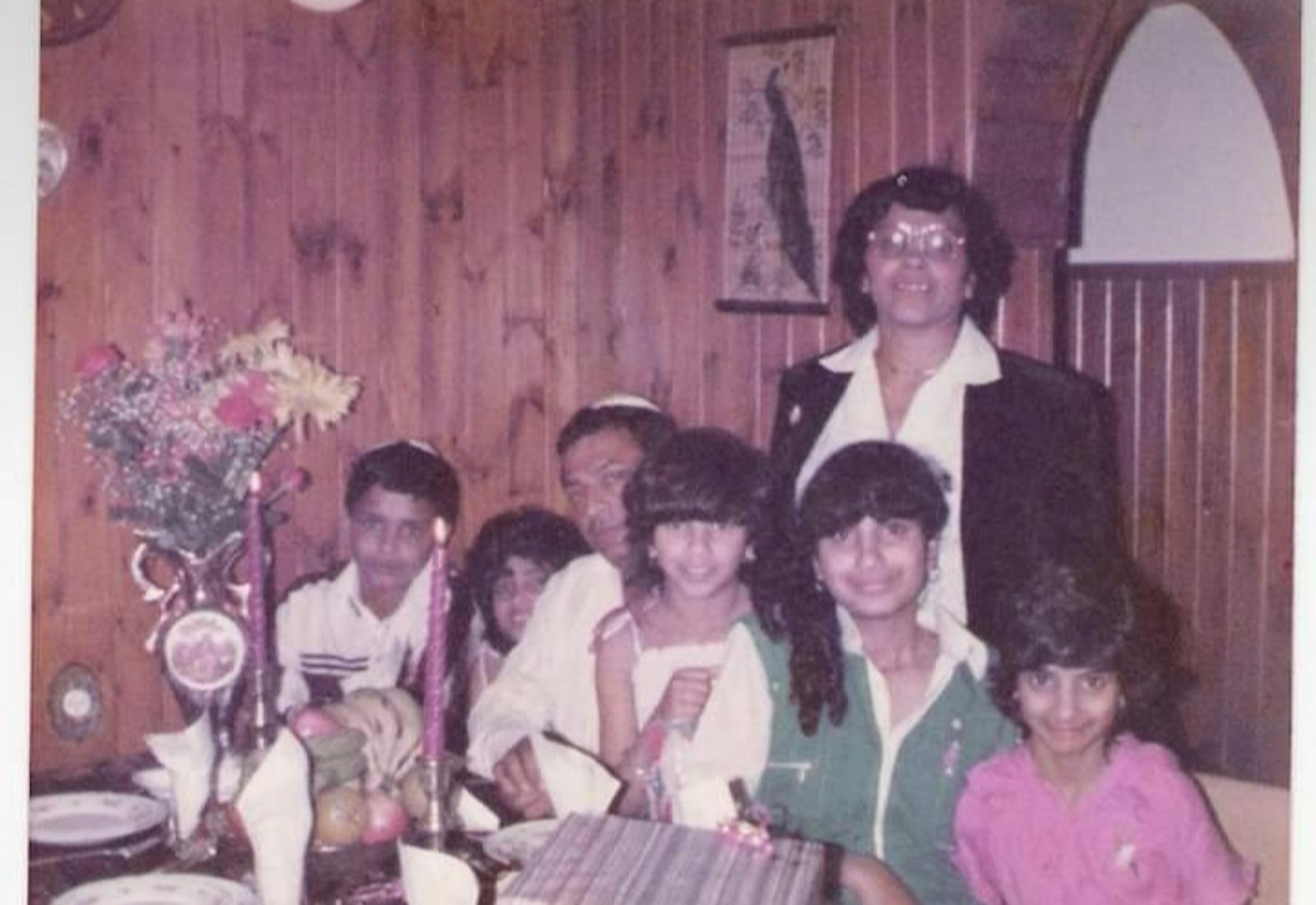Shared by Riki Shai

Despite growing up in the same Mumbai-area Jewish community of fewer than 20,000, Riki Shai’s parents didn’t meet until they worked together on the same kibbutz in Israel. Once they started raising a family in the early 1950s in the southern coastal town of Ashkelon, food became a way to pass along their shared heritage to their children. A generation later, Riki is following their lead.
As a kid, her family rarely had time to make their favorite labor-intensive Indian dishes. But on special occasions like Shabbat and the High Holidays, they would make an exception. Batata vada, a dense and heart-warming savory potato-based fritter, often starred on the table.
“Making these takes some time,” Riki explained, “but [they’re] absolutely worth it.”
Batata vada means “potato fried snack” in Marathi, the official language of the Indian state of Maharashtra, where Mumbai is located. There, it’s sold as a street food, with each vendor adding their own touch. In Riki’s family, the core recipe for these chickpea flour batter-coated fritters originated with her grandmother. She’s adapted it over time to arrive at this version, largely dialing down the spice level for her kids and Israeli friends while maintaining an earthy punch with turmeric, garlic, ginger, and cardamom.
“In India, they eat a lot of hot spices and peppers,” she says. “I married an Indian and my children, they are Indian too, but they are not as familiar with such hot spices.”
Like many fans of batata vada, Riki often serves them with spicy green chutney, but she also enjoys vadas with dry garlic chutney or masala chai in the evening. The hot snacks help her feel connected to her dual Indian and Jewish heritage, Riki says.
“I’ve shared this recipe with [my kids] and they know how to cook it,” she adds. “We want to share everything we grew up on with the next generation. The Indian heritage and culture, everything about it I want to continue with my children.”
India boasts longstanding — but often overlooked — Jewish culture and history. Distinct communities of Jews have lived in India for centuries, the largest being Bene Israel in the greater Mumbai area, where Riki’s parents are from. The city’s first synagogue dates back to 1796, but today, in a metro area that’s home to more than 20 million people, the Jewish community is estimated at just a few thousand.
Riki still has family there, but many Indian Jews made Aliyah after Israel’s founding, just a year after India’s independence from the British. Riki’s parents were among that wave of immigration in the early years, forming what would become a community of more than 80,000 Jews of Indian origin in Israel.
Still, as less than one percent of the Israeli population — and an even smaller portion of the global Jewish community — awareness lags. “A lot of Israeli people don’t know about Indian culture,” Riki says. “We must bring this heritage to the next generation.”
She works hard to achieve that goal. As far as she knows, she’s the only Indian-descended woman to enter Israeli politics, having served as a councilmember for Ashkelon. She’s used her platform to organize a range of cultural awareness efforts and celebrations, including a twin cities program and an annual festival with the Indian embassy for the last six years featuring dance, film, music, and food. This year she prepared pani puri, but batata vada still appeared on the spread.
“I invite everyone to come and taste and enjoy batata vada,” Riki adds, “and all the Indian dishes that do good to body and soul.”
